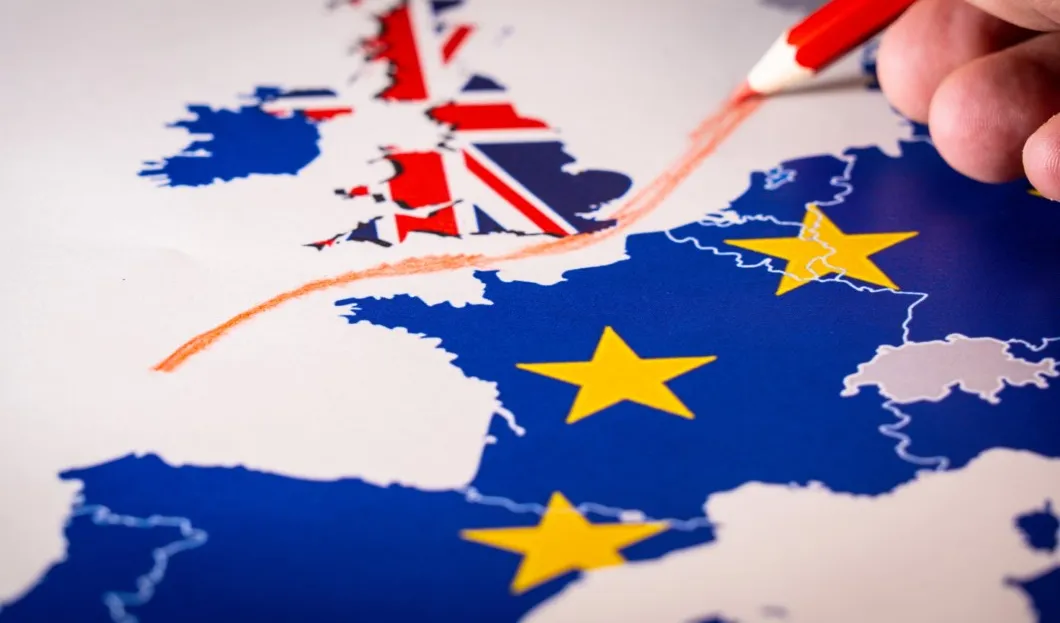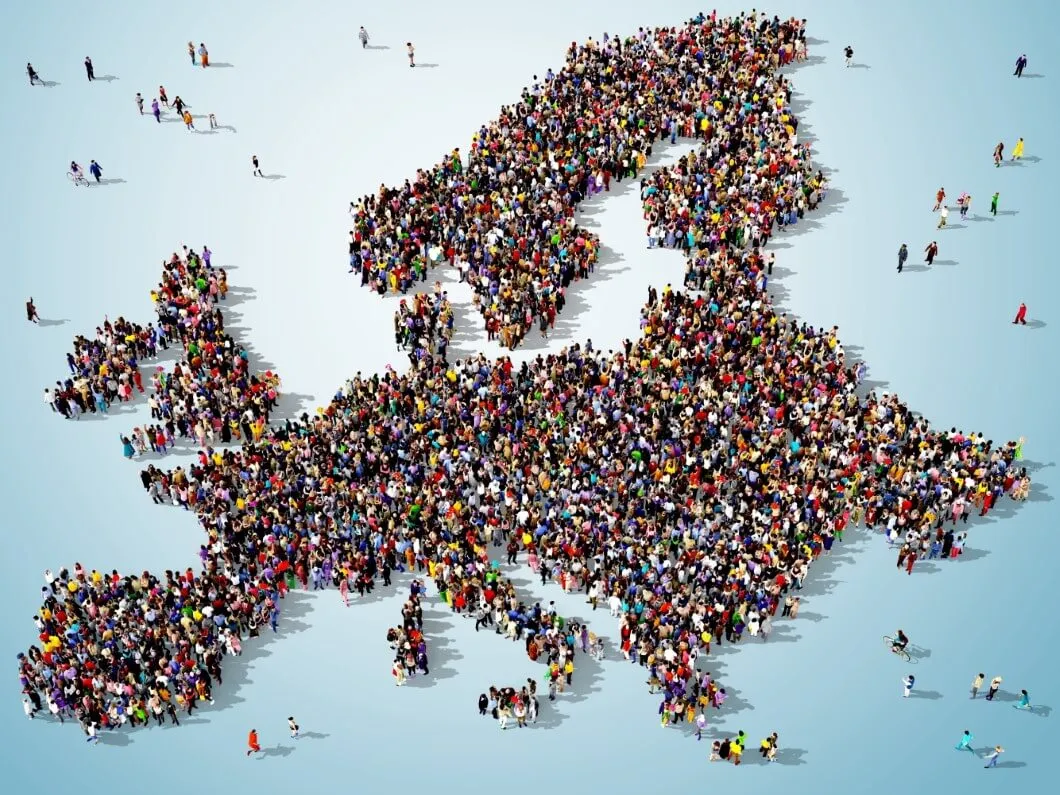
Plenty is still in the air about the UK’s impending exit from the European Union. No one is quite sure yet what the future trading relationship between the UK and the EU bloc will look like, how the movement of goods will be managed, or for that matter, what will happen regarding the movement of people.
For tourists and holidaymakers, the biggest changes are likely to be felt amongst those heading off to the UK’s nearest neighbours, France and the Republic of Ireland. For decades, the short hops across the Channel and the Irish Sea have been treated not so much as travelling abroad, but a domestic excursion over the narrow sea. With ferries, you, of course, have the option to take your own vehicle - making for a very different experience to air travel.
Tourists also have the option of using the Channel Tunnel to get to France. The Dover-Calais ferry crossing takes around an hour and a half. Through the tunnel, the Eurostar train takes a little over two hours to get from London to Paris.
Despite the fact that the crossings to France and Ireland involve crossing international borders, EU freedom of movement rules have long given these a relaxed air. Things are likely to change post-Brexit. More stringent border controls could well mean longer, airport-like queues to get through security. Ferry and Eurostar passengers will have to build these into their journey times, as they do with air travel.
Something else British tourists looking to make the short hop over to France and Ireland will have to reappraise is travel insurance. The truth, of course, is that regardless of EU membership, anyone travelling from one country to another should take out travel insurance, even if they are as close as the UK and France or the UK and the Republic of Ireland. But people know, when it comes to travelling to those neighbouring countries, many people don’t bother.

EHIC and EU Consumer Rights
There are two main reasons for this. One is that, as EU citizens, UK travellers to France and Ireland are entitled to a European Health Insurance Card (EHIC), which gives them access to state-provided health care within any EU state they visit. This is not the same as the medical cover included with travel insurance, as state health care in many EU countries still has to be paid for (albeit often at a low cost). Travel insurance, by contrast, pays your medical bills for you, whether high or low. But many people nonetheless see the EHIC as a good enough replacement for travel insurance medical cover, and therefore decline to take out the latter.
Another key reason why UK tourists to the EU (and vice versa) often don’t take out travel insurance is that they are protected by EU consumer rights laws. This is relevant because it entitles travellers to compensation for transport cancellations and delays anywhere in the bloc - one of the main protections offered by a travel insurance policy.
Things could look quite different when Brexit does eventually go through. In the event of a no-deal Brexit, or without a specific agreement on health services being signed between the UK and EU, the assumption is that EHIC will stop being valid for UK citizens the day Brexit happens. In that event, should any British traveler need medical attention in the EU, they will immediately be expected to pay the full private care cost, not the discounted state care cost. Despite being so close to home, visiting the doctor or being admitted to a hospital in France or Ireland could suddenly become extremely expensive. Many UK tourists are at risk of being caught out, unless education is stepped up about the need to take out travel insurance.
Aside from the medical cover, British tourists all over the EU will also lose their protection for travel disruption and cancellations. Say a delay on the trains means you miss your ferry back, or the ferries themselves are cancelled and you miss a day’s work because you can’t get home in time. Under EU law, you are currently automatically entitled to compensation. Post-Brexit, this will no longer apply to British travellers. The only way to cover yourself will be to take out travel insurance.










